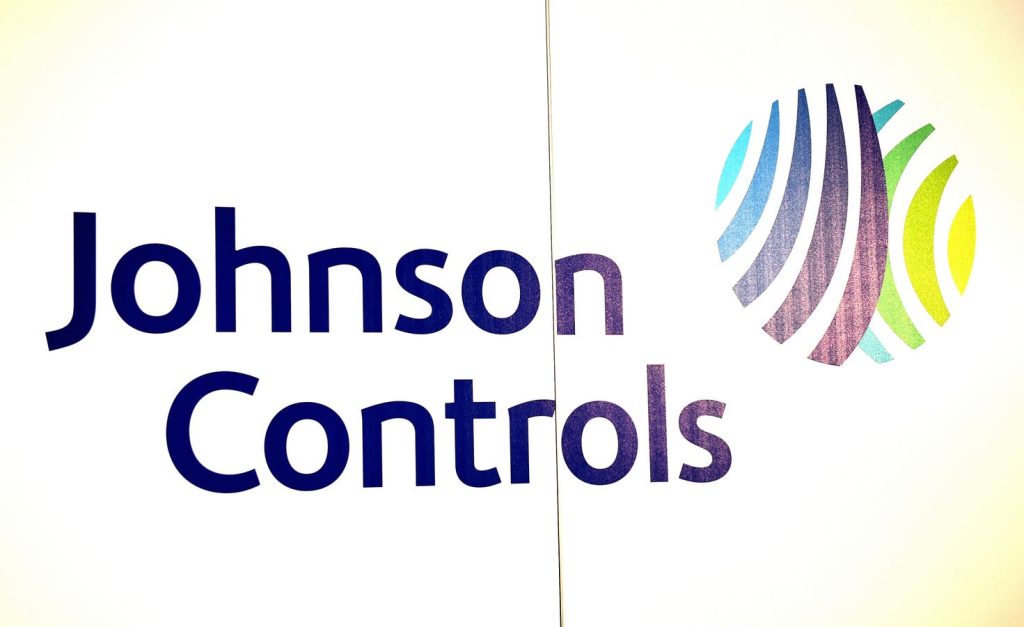Johnson Controls stock (NYSE: JCI) has been on the rise after activist hedge fund Elliott Management disclosed a position of over $1 billion in the company. JCI stock has seen over 20% gains this year and a strong 55% increase from early January 2021 to around $70 now, outperforming the S&P 500 index. However, the stock’s performance has not been consistent, with returns of 75% in 2021, -21% in 2022, and -10% in 2023, underperforming the S&P in those years.
Beating the S&P 500 has been a challenge for individual stocks in recent years, including heavyweights in the Industrials sector and megacap stars. In contrast, the Trefis High Quality (HQ) Portfolio, with 30 stocks, has outperformed the S&P 500 each year. In the current uncertain macroeconomic environment with high oil prices and elevated interest rates, there are concerns about whether JCI could underperform the S&P over the next 12 months or see a strong jump. Despite the positive news of Elliott Management’s investment, some believe that JCI stock is now fully valued.
Based on estimated earnings and the company’s revenue performance, Johnson Controls’ valuation is pegged at $70 per share, aligning with its current market price. The company has seen stagnant revenues in recent quarters due to weakness in China and lower demand for residential HVAC, but it has benefited from robust commercial HVAC demand. Looking ahead, JCI expects organic revenues to rise in the mid-single digits for fiscal 2024 and earnings to be between $3.60 and $3.75 per share on an adjusted basis. With the stock trading at around 20x forward earnings, some believe it is appropriately priced and suggest investors wait for a dip before entering.
While JCI stock may be fully valued, it is important to assess how Johnson Controls’ peers perform on critical metrics. Investors can find valuable comparisons for companies across industries through Peer Comparisons. As the market continues to evolve, it is essential for investors to analyze various factors before making investment decisions. The involvement of activist funds like Elliott Management can also impact a company’s stock performance, adding an additional layer of complexity for investors to consider when evaluating potential investment opportunities.


